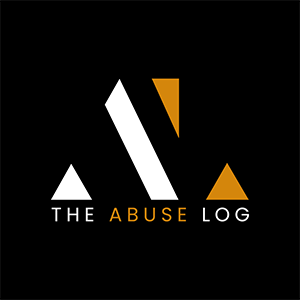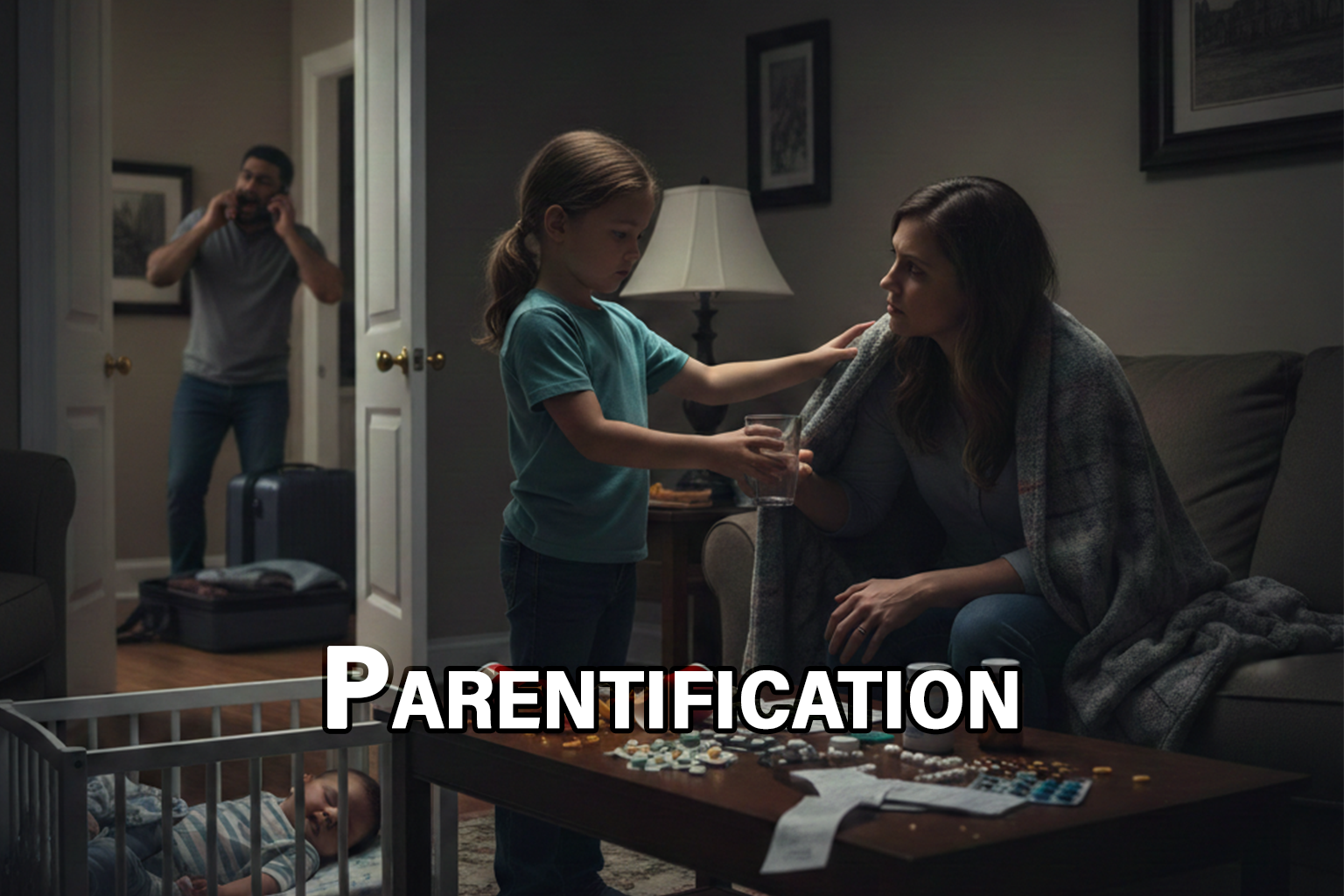Forensic Abuse Journaling

The Abuse Log
The Abuse Log (AL) is a carefully designed interactive journaling app created to aid in uncovering and addressing instances of abuse through a trauma-informed system for documenting incidents.
AL's purpose is to log abuse in a manner that reveals manipulation tactics, empowering survivors to break the trauma bond and embark on the path to healing.

WATCH THIS VIDEO


The Abuse Log
(Notion Template)
🗂️ The Abuse Log [Advanced]
Sale Price:
$19.99
Original Price:
$59.99


BLOG
Featured

The New Face of Progress: What If Activism Is Just Narcissism in Drag?

Subscribe to Abuse Log for thoughtful analysis, documentation strategies, and updates that help you unravel abusive dynamics—one clear step at a time.


![🗂️ The Abuse Log [Advanced]](https://images.squarespace-cdn.com/content/v1/65b9553c448d7e5b0ec1dfcd/0d44e3de-2a17-4824-abe1-13b4daabea34/Logo%252BGumroadAdvanced.webp)




























